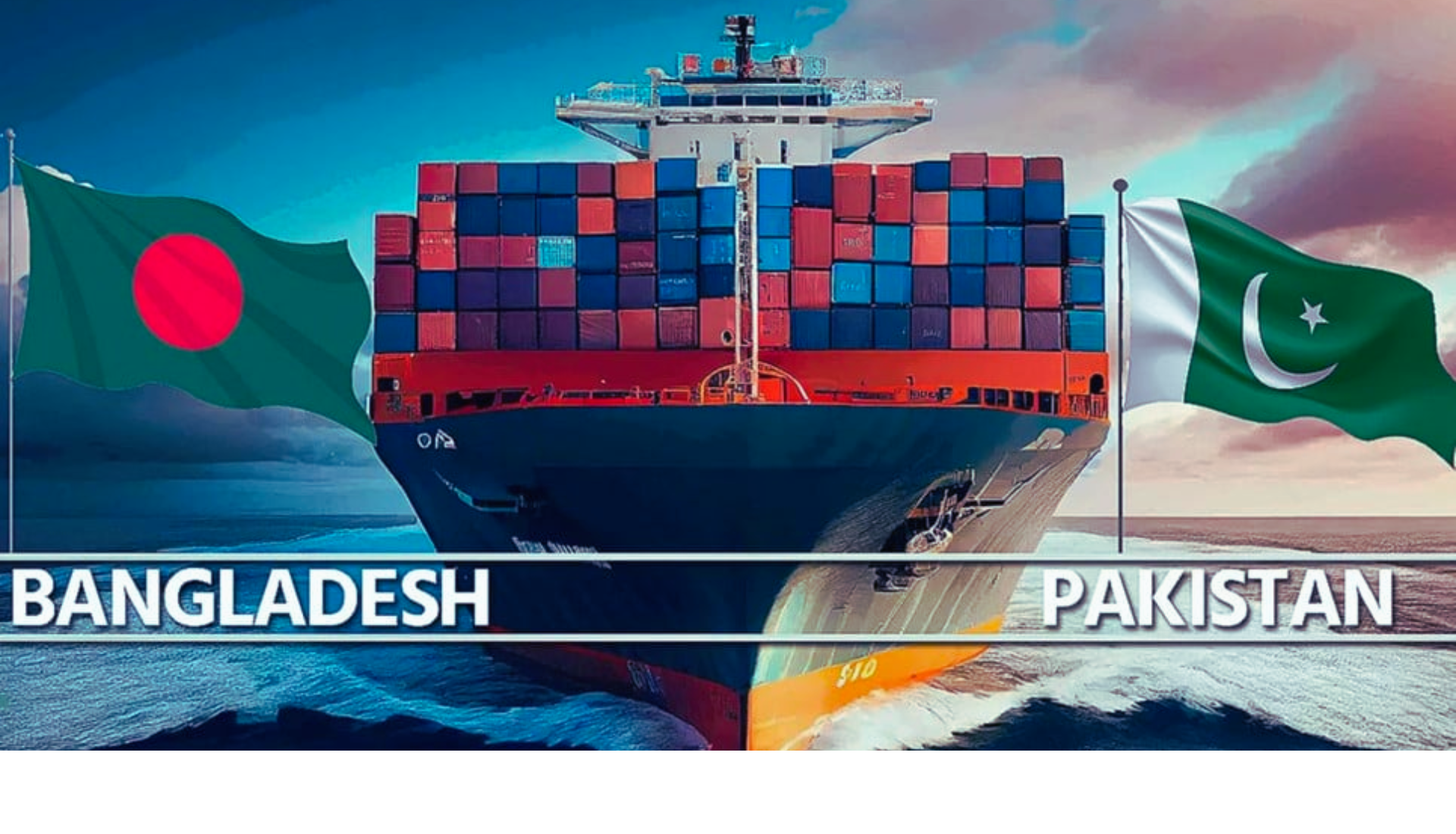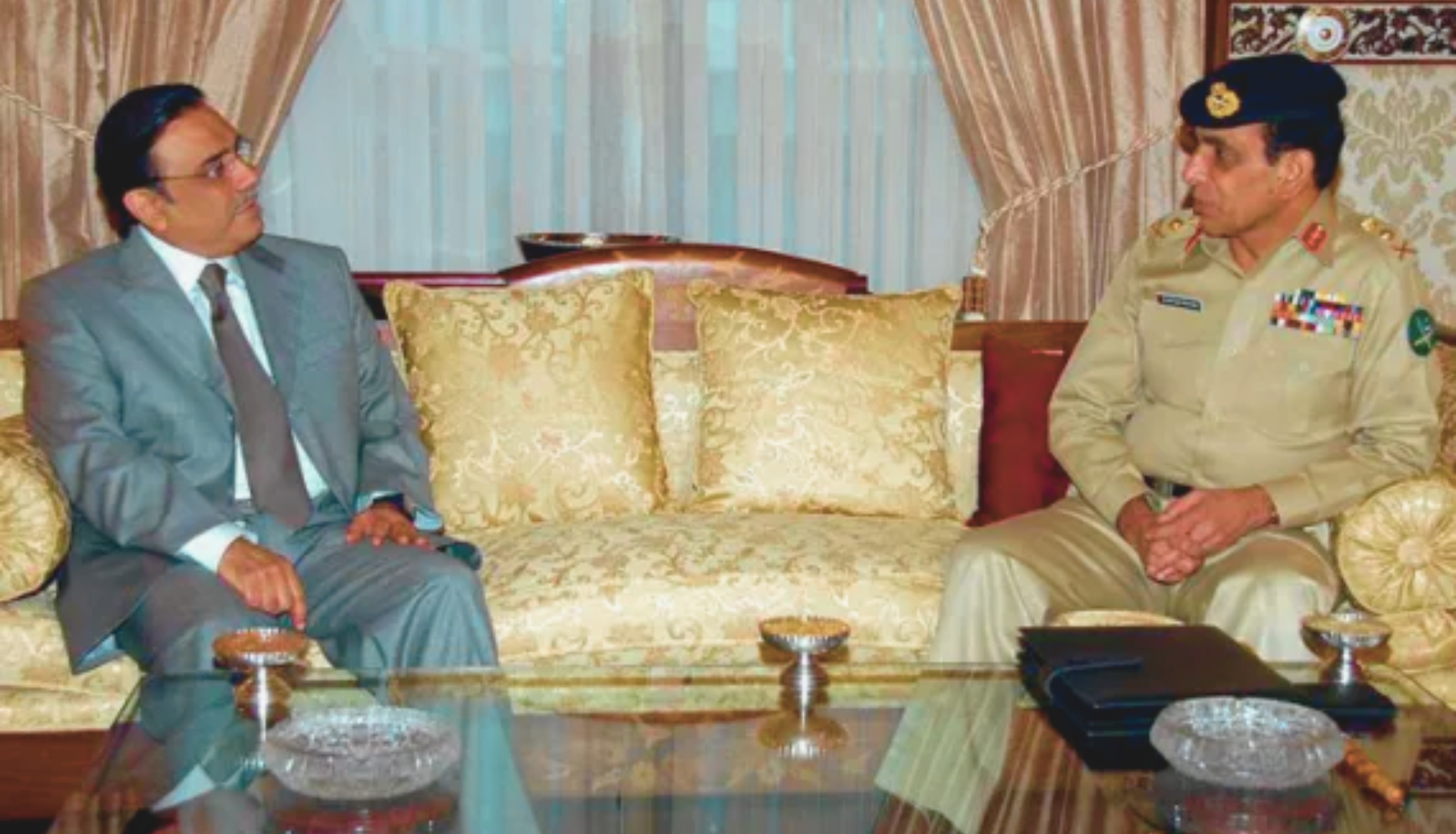ISLAMABAD: Pakistan has paid back a $1 billion Chinese commercial loan on the understanding of getting it refinanced soon, which temporarily pulled down the nation’s thin foreign exchange reserves to a six-month low of $10.6 billion.
The government returned the $1 billion loan of the Industrial and Commercial Bank of China (ICBC) in two equal tranches this month, said the Pakistani authorities. The ICBC had given the loan two years ago at floating interest rates, which translated around 7.5%.
The sources said that another loan tranche of $300 million by the ICBC will mature by the middle of next month. The government will also retire the $300 million in April, they added.
Due to repayment of the second tranche of $500 million in the third week of March, the central bank’s reserves dropped to $10.6 billion. This pulled down the gross official foreign exchange reserves to six-month’s lowest level.
The first tranche of $500 million had been paid in the first week of March and the central bank covered the gap by purchasing dollars from the market and on the back of some foreign inflows.
The central bank governor said earlier that his institution bought $9 billion from the market to build the foreign exchange reserves in 2024. Without these purchases, the reserves would have been hardly $2 billion despite the International Monetary Fund programme.
The Finance Ministry was hopeful that the ICBC would refinance the facility. They said that discussions have already begun but have not yet reached to the point of interest rate determination.
Pakistan is heavily dependent on Beijing for remaining afloat, the friendly nation that is constantly rolling over the $4 billion cash deposits, $6.5 billion worth commercial loans and $4.3 billion trade financing facility.
The $2.7 billion more Chinese commercial loans are maturing from April to June this year. A $2.1 billion syndicate financing loan by three Chinese commercial banks is maturing in June. Separately, the Bank of China’s $300 million loan will also mature in the same month, which Pakistan has to get refinanced to retain the reserves at their critical minimum levels.
The country is still heavily depending on the fresh foreign loans and the rollover and refinancing of the existing debt to avoid a run on its reserves. Unlike in the past, this time the IMF programme has not helped get major foreign financing.
Pakistan and the IMF have reached a staff level agreement on the completion of the first review of the Extended Fund Facility this week. The board’s approval of the agreement will lead to release of the $1 billion tranche.
However, the timing of the IMF board meeting remains uncertain due to exogeneous and indigenous reasons. The board may take up Pakistan’s case either in May or June. There is a desire to conclude the first review and disburse the tranche before end of June.
In case the IMF board meeting slips to June, the IMF staff may first like to review and endorse the fiscal year 2025-26 budget.
There are many areas that remain open for discussions, particularly taxation of the real estate sector, beverages and tobacco. The IMF is not inclined to reduce the transaction taxes on the properties as part of its policy to shift investment from speculative to productive sectors of the economy.
Pakistan had also last month requested China to reschedule $3.4 billion debt for two years to bridge a foreign funding gap identified by the IMF. The request had been made to Export-Import (Exim) Bank of China to consider rearrangement of its loans falling due from October 2024 till September 2027.
The Ministry of Finance has not yet officially disclosed the status of the request. Pakistan is required to identify financing sources to fill the external financing gap of $5 billion for the three-year IMF programme period.
During the recent review talks, the IMF agreed that the external sector has been stabilized but at the same time it said that the vulnerabilities remain that can be addressed through combination of tight fiscal and monetary policies and exchange rate flexibility.
The rupee-dollar parity has largely remained stable in this fiscal year, albeit some depreciation during the past few days. The rupee-dollar parity closed at Rs280.2 to a dollar on Thursday.
This news is sourced from The Express Tribune and is intended for informational purposes only.

![Pakistan repays $1 billion Chinese loan, lowering reserves to $10.6B; seeks refinancing amid IMF talks and upcoming debt maturities. [Image via The Express Tribune/File]](https://southasiatimes.org/wp-content/uploads/2025/03/11681933627-0.webp)




